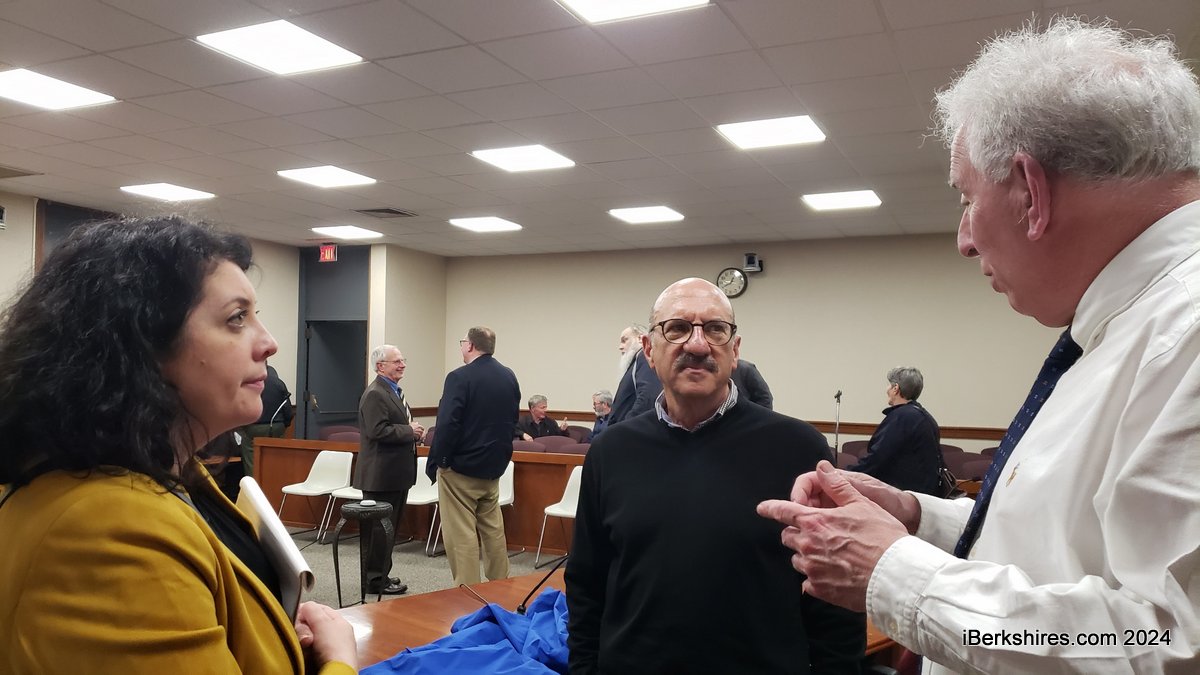
Help Protect Vulnerable Family Members from Scam Artists
 |
If you have older family members whose cognitive functions or decision-making abilities have declined, or who are lonely or recently widowed, you might need to help protect them against financial scams. What steps should you take?
First of all, try to gain a good sense of their overall financial activity. Look for red flags, such as a reluctance to discuss money matters, consistently unpaid bills, unexplained withdrawals, mysterious wire transfers or a sudden need to purchase large quantities of gift cards. And watch out for new "best friends" or caretakers who show an unusual interest in your loved one's finances.
Whether or not you've observed any of these activities, you can help your elderly family members by making these moves:
Have checks (such as Social Security payments) directly deposited. You can help your family members avoid a lot of potential trouble by having their checks deposited directly into their bank accounts.
Seek permission to become a joint account owner. By becoming a joint account owner on your elderly family members' checking and savings accounts, you can review statements for suspicious activity. Of course, your loved ones may be initially reluctant to add your name, but if you have a good relationship with them, you should be able to explain the benefits.
Shred bank statements, credit card offers and notices of lottery or sweepstakes winnings. One of the most useful gifts you can give to your elderly family members may be a shredder. Encourage them to use it to shred old bank statements, credit card offers and other financial documents.
Get on a "do not call" list. Telephone scammers are persistent and devious. By registering your family members' house and cell phones online, you may be able to reduce their exposure to unwanted calls.
Obtain power of attorney. By creating a power of attorney, your loved ones can designate you or another trusted relative or friend to assist with their finances now – for day-to-day assistance and protection from scammers – and later, should they become incapacitated. Again, you will need to employ some sensitivity when discussing this issue.
Check references of caretakers. As mentioned above, some caretakers are, unfortunately, dishonest. Before you hire one, check out this person’s references. And even when you do, be careful – scam artists have been known to use accomplices as references, so you will need to be thorough in your research and questions.
Get to know your family members' financial consultants. If possible, become acquainted with your older family members' financial consultant. Any reputable consultant will welcome a connection with their clients' loved ones. And if you are involved in any estate plans, this multi-generational relationship will prove beneficial for everyone.
Ask to meet any new "friends" they have met online. When someone is lonely, they become vulnerable to online friendships. Sometimes, these new friends make promises of meeting, but never show – and then they suddenly need money for one reason or another.
It can be challenging to guard against all threats posed by the scammers of the world. But by staying alert and taking the appropriate preventive actions, you may be able to help safeguard your loved ones' financial security.
This article was written by Edward Jones for use by your local Edward Jones financial advisor. Courtesy of Rob Adams, 71 Main Street, North Adams, MA 01247, 413-664-9253.. Edward Jones, its employees and financial advisors cannot provide tax or legal advice. You should consult your attorney or qualified tax advisor regarding your situation. For more information, see EdwardJones.com.
Tags: senior citizens,
















